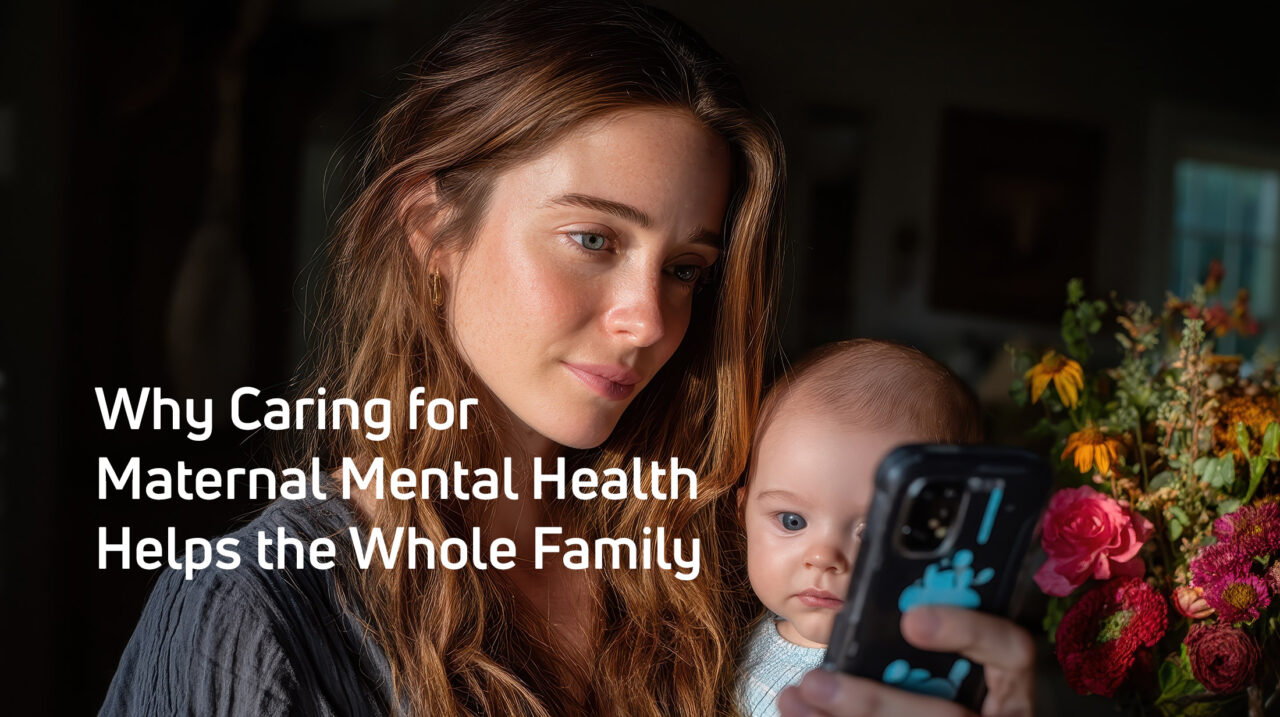Maternal & Perinatal Mental Health: Why It Matters for the Whole Family

When we talk about mental health, most people imagine therapy, stress, or depression in adulthood. But one of the most critical, and under-discussed, windows for mental wellness is the perinatal period (pregnancy through the first year postpartum). What affects a birthing person’s mental state also ripples through the infant, partner, and broader family.
Contact: 718 313 4357 pr online form: bcsnygroup.com/appointments
We believe caring for new parents is caring for whole families. Below, we walk through the risks, the impact, and what supports and strategies really work.
Understanding the Scope & Stakes
What counts as perinatal / maternal mental health?
Mental health in pregnancy and after birth, isn’t just “postpartum depression.” Conditions might show up before, during, or after delivery, and include:
- Depression (prenatal / postnatal)
- Anxiety disorders
- Obsessive-compulsive symptoms
- PTSD / trauma from birth
- Bipolar or mood disorders
- Psychosis or more severe mood shifts
- Co-occurring substance use or disorders
In New York State, between 15% to 20% of birthing people experience some form of pregnancy-related anxiety or depression. Nationally, up to 1 in 5 mothers may be impacted by maternal mental health conditions. Tragically, mental health and substance use issues are among leading causes of pregnancy-associated death in NYC in recent years. Many cases go untreated: about 75% of those affected never receive care.
In short: it’s not rare, and it’s not something to wait out.
Why Caring for Maternal Mental Health Helps the Whole Family
Infant bonding & development
Emotional availability, sensitivity, and attunement often depend on the parent’s mental wellness. High maternal stress, depression, or trauma can interfere with bonding, and in turn influence a child’s emotional regulation, attachment, and developmental trajectory.
Partner, sibling & family dynamics
Perinatal mental health doesn’t exist in a vacuum. Partners, older children, in-laws—everyone picks up on changes. Parents struggling silently may become emotionally distant, irritable, or withdrawn, which can strain relationships and raise tension in the household.
Long-term parental health & function
If these conditions go untreated, they can last years, interfere with parenting, career, or lead to burnout, substance misuse, or suicidal ideation.
What Does Help: Best Practices & Strategies
Here’s what research and on-the-ground practices suggest are effective:
- Peer support & group work: Connecting with others who “get it” helps reduce isolation.
- Community outreach: Meeting families where they are, especially in underserved areas.
- Integration with obstetric / pediatric care: Co-locating mental health in OB or pediatric clinics helps reduce friction.
- Trauma-informed, culturally responsive care: Adapting interventions to honor identity, trauma history, cultural worldview.
- Digital tools & telehealth: Especially post-COVID, online platforms, apps, virtual groups help reach remote or overwhelmed parents.
Support systems & self-care building
- Sleep planning and sharing the load (partners, doulas, family)
- Mindfulness, breathing work, gentle movement
- Education / psychoeducation (what’s normal, what’s not)
- Building a trusted social circle (friends, family, peer moms)
- Access to doula support, lactation consulting, postpartum care
We see every day how perinatal mental health is not a “nice to have”, it’s foundational for thriving families. Here’s how we show up:
We offer individual screening and assessment
Our therapists are trained in trauma-informed, attachment-aware modalities
We offer flexible formats; individual telehealth, group options
We attend to the family system, not just one person, but partner, children, support network
To parents-to-be, new parents, and support folks: know this, if you notice anxiety, intrusive thoughts, mood dips, panic, or struggles bonding, you are not failing or weak. You are human, and help can make a huge difference. Starting is courageous.
If you or someone you love is in that space, BCS Counseling Group is here. Let’s talk. Let’s walk through this together.
Contact: 718 313 4357 pr online form: bcsnygroup.com/appointments

